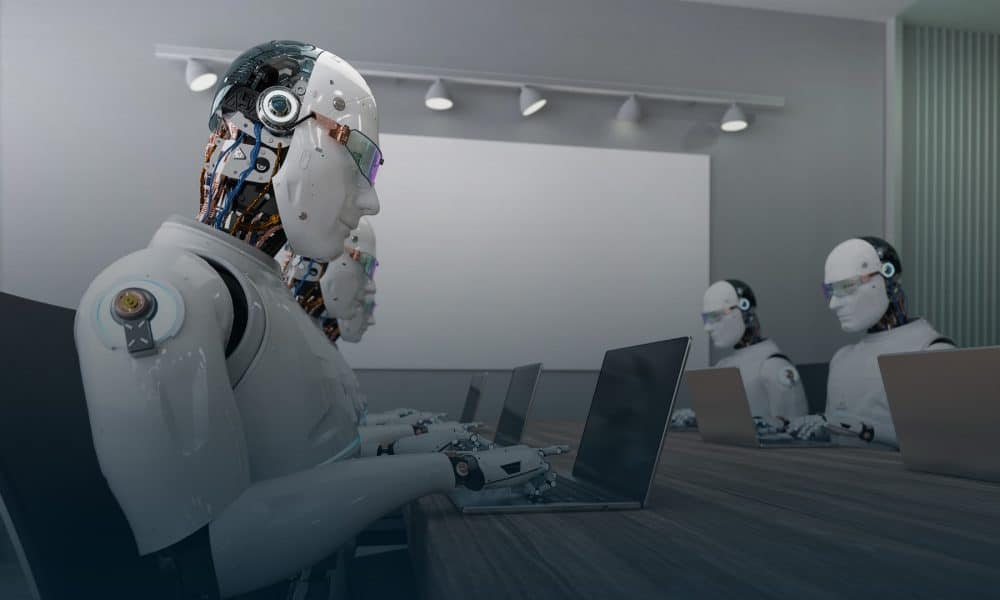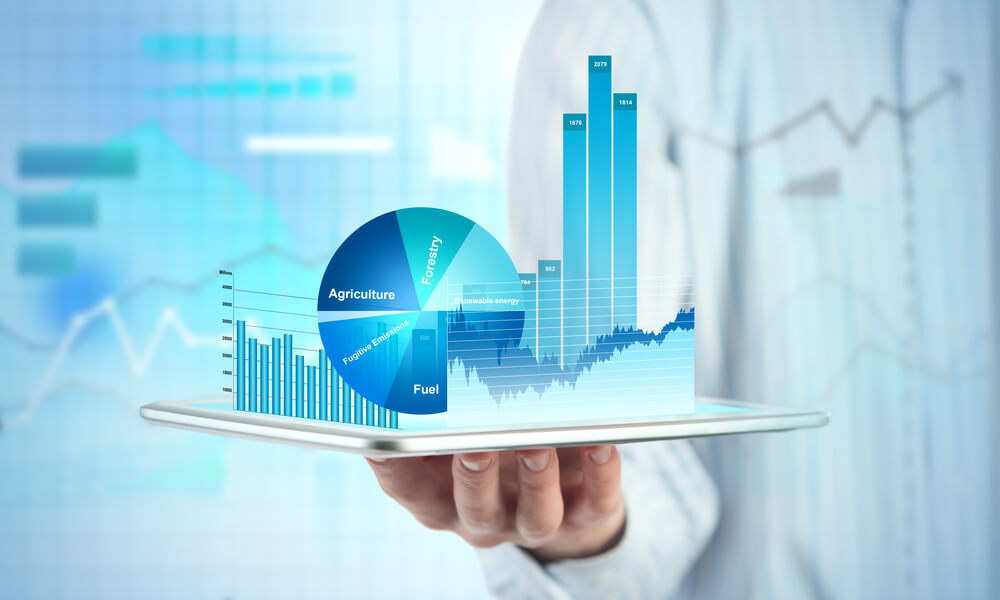The Future of Accounting: AI, Automation, and the Human Touch

In the rapidly evolving landscape of accounting, advancements in technology have paved the way for a future that combines artificial intelligence (AI) and automation with the indispensable human touch. As businesses strive for greater efficiency, accuracy, and insights in their financial processes, the role of accountants is shifting towards a more strategic and analytical direction.
The Rise of AI and Automation in Accounting

AI and automation technologies are revolutionizing the accounting profession by streamlining repetitive tasks, minimizing errors, and enabling real-time data analysis. With the ability to process vast amounts of data at incredible speeds, AI-powered software can perform tasks such as data entry, reconciliation, and even predictive analysis with a high level of accuracy.
Automation tools, on the other hand, can handle routine tasks like invoice processing, expense tracking, and financial reporting, freeing up accountants to focus on higher-value activities such as financial analysis, strategic planning, and client advisory services.
The Role of the Human Touch
While AI and automation are transforming the way accounting is done, the human touch remains crucial in ensuring ethical decision-making, critical thinking, and personalized client interactions. Accountants bring a unique perspective to financial data interpretation, offering insights that go beyond numbers and algorithms.
Human accountants possess the ability to understand complex business contexts, interpret financial trends, and provide strategic recommendations based on their expertise and experience. Their interpersonal skills, empathy, and ethical judgment are qualities that cannot be replicated by machines.
Embracing a Hybrid Approach
The future of accounting lies in embracing a hybrid approach that leverages the power of AI and automation while preserving the human touch. By integrating advanced technologies into their workflow, accountants can enhance efficiency, accuracy, and decision-making capabilities.
However, it is essential for accountants to continuously upskill and adapt to the changing technological landscape to remain competitive in the industry. Developing expertise in data analysis, machine learning, and automation tools will be key to thriving in the future accounting environment.
As AI and automation continue to reshape the accounting profession, the human touch remains an irreplaceable element that adds value, empathy, and critical thinking to financial processes. By embracing a hybrid approach that combines technology with human expertise, accountants can position themselves as strategic partners to businesses, offering insights and guidance that drive success in the digital age.





